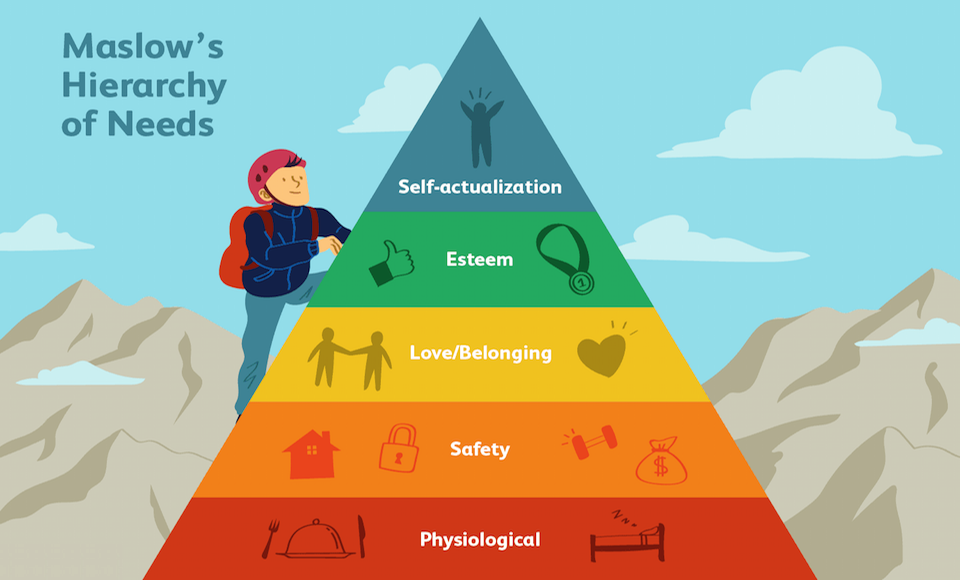


AND even though it may feel a bit like babysitting, it is important to follow up with people who were assigned tasks, to ensure they have the information and time necessary to complete the task. That information should be distributed in writing as soon as possible. The last portion of the meeting should be spent reviewing exactly who is going to be doing what. Contact the key participants and know where they stand as much as possible prior to the meeting starting.įollow up. Use the meeting for final questions, comments and vote only, not the entire discussion. Introduce complex discussions prior to the meeting.Open the meeting by clearly stating the purpose and expected outcome of the meeting.Following are a few of the many important skills and techniques for leading good meetings. People who are achievement-oriented prefer working on tasks of moderate difficultyįacilitating meetings is important in the project management role.When people start to think in terms of achievement, things start to happen (such as earning better grades, raising in the career ladder, solving difficult problems, etc).people can be classified to fit into one of three groups, as having a need for achievement, power, or affiliation.Maslow’s Hierarchy of Needsĭavid McClelland studied achievement for over 20 years with his associates at Harvard University, and he developed theories related to motivation associated with achievement based on these principles: The newer motivational theories are from Lencioni ( see a clip on YouTube), Pink and Maxwell. The old school motivational theories are from Taylor, Maslow, Herzberg. They can have negative unintended consequences on those who did not receive the reward – thereby deserving the term zero sum. Watch out for the negative consequences of “zero sum rewards” programs, which are those programs that only reward one or a few team members. Theory Y is defined as managers who trust employees. Theory X is defined as managers who distrust employees. Managerial Stylesĭouglas McGregor defined management approaches as falling into either X or Y styles. You may see the add a 5th stage called adjourning. Tuckman defined four stages of team development: #4760 offers various courses for PMP® Exam Preparation and PMP®/PgMP®/PfMP®/PMI-PBA®/PMI-ACP®/PMI-RMP®/PMI-SP® Renewal.B.W. We have everything you need in one package. As soon as you complete any single course, you can claim PDUs immediately. Also, you have one year to complete all courses. IMT-PM provides the course Emotional Intelligence for Project Managers to help you earn 8.25 PDUs for Leadership for all kinds of certificates with the most affordable price. It indicates that to handle a task, human tend to put in a lot of effort with the hope of producing an acceptable performance which later on will lead to a valuable reward.
#Pmp management theories professional#
Motivation Factors involve responsibility, self-actualization, professional growth and recognition while Hygiene Factors include working condition, salary, personal life, relationship at work, security and status.ĭeveloped in 1964 by Victor H.Vroom, Expectancy Theory shows how Effort, Performance and Reward have affect on each other and on human needs. Proposed by Frederick Herzberg in 1968, Herzberg’s Motivation-Hygiene Theory indicates the balance of Motivation Factors and Hygiene Factors in human needs. Lastly, people with power needs are socially oriented and find interest in managing others and influencing them. Affiliation needs often drive those seek approval to work best when cooperating with others. People with achievement needs should be given challenging but reachable projects and goals as they appreciate recognition. Relevant to each type of needs is a behavioral style.

Published by David McClelland in 1960s, McClelland’s Need Theory refers to 3 kinds of needs that human are motivated by: achievement, affiliation and power.


 0 kommentar(er)
0 kommentar(er)
